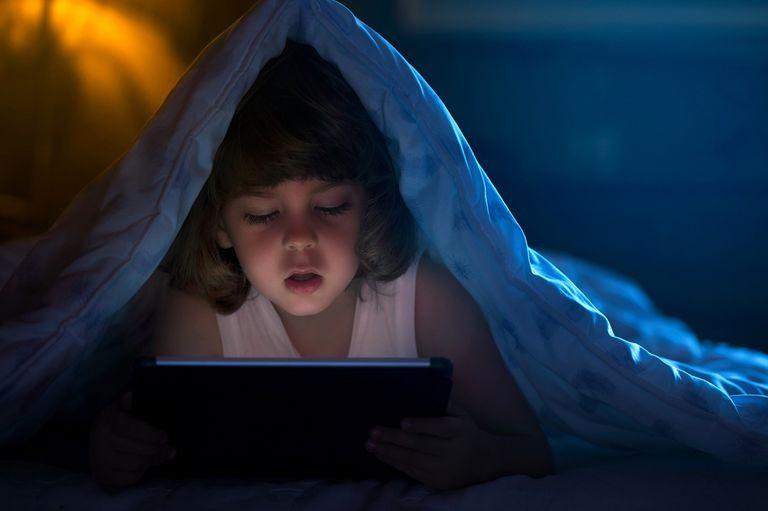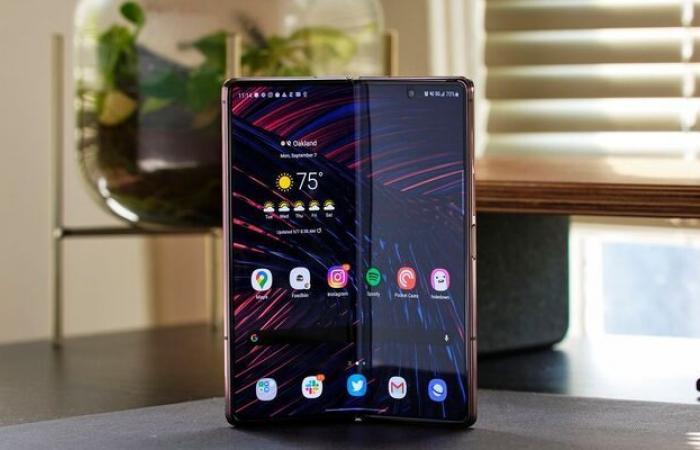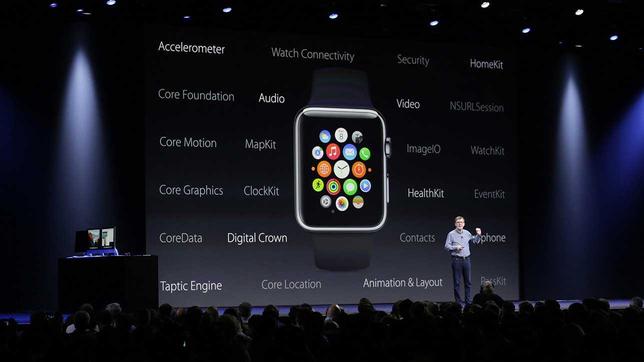Using electronic screens before bed .. What does science say in "damage"?
A new study broke all the previous beliefs on the disadvantages of the use of screens before bed, and concluded that this does not affect its quality to conflict with other research.
Previous studies have reached different results confirming that watching screens or communicating with electronic devices before bed negatively affects its quality or duration.
The reason for this is that bright screens stimulate the part of the brain designed to keep us awake, and this happens because it produces blue light and is part of the most active spectrum of our sleep cycle.
So stimulating this part of the brain inhibits the production of melatonin, which makes it difficult for many people to "stop" their brains and sleep, thus spending a turbulent night.
Studies advise to stop the operation of all electronic devices at least one hour before bed, and replace them with relaxation activities, such as reading a book or bathing.
Electronic devices affect the quality of sleep
Dr. Fadi Safwat, a psychiatrist and addiction treatment specialist in Egypt, said, "It is possible that the results of studies are conflicting, and this happens a lot due to insufficient sample (the number of people who have been searched)."
Safwat added to "Al -Ain News": "For example, we find studies that concluded that coffee is useful for heart patients and others whose results came to be harmful to heart patients, and so on," explaining that relying on strong studies (sample size) and compatible with results is more logical.
The new study, conducted by researchers from the University of Boufalo, in which 58 people were assigned to inform the use of their media an hour before sleeping every night.
Dr. Safwat said: "I do not think about the validity of watching screens immediately before bed because it negatively affects its quality or duration, according to what most studies concluded."
The doctor cited the integration of some of the largest technology companies in the world new features on the phone devices to close the notifications in the evening and reduce the degree of brightness of his light, which indicates their impact on the quality of sleep.
He explained: "The presence of mobile devices next to the person before bed and receiving notifications from him certainly affects the quality of sleep, and this was proven by Smart Watch."
The specialist doctor provided a number of advice that can be practiced daily to improve sleep quality, as follows:
Not sitting much on the bed before bed so as not to affect its quality.
- Creating the soul to sleep

Drink drinks that help relax.
Avoid eating immediately before bed.
Attention to personal hygiene and before bed, helps relax and sleep to sleep.
Stabilizing the sleeping times and not changing them every day helps a lot.
- For those who work related to the Internet and communication sites, it must limit it by using mobile properties to receive important notifications only, because dispersion is the most wasting time and waste energy.
A psychiatrist is preferred to stay away from watching screens or using communication about 30 minutes before bed to prepare the soul for that.
He explained that "it is better not to compel a person with a certain time in which he is separated from the electronic world or setting rules for sleep so that he does not feel pressure and reprimanding the conscience, knowing that sleep whenever a person repels escape from him."
A study that supports the use of screens before bed
The results of a new American study revealed that some people may actually get more comfort by following a bed before bed, depending on how they use certain digital devices.
The study, published in the Journal of Sleep Research, added that many studies were calling for separation from all screens before going to bed because they disrupt sleep patterns.
According to the "New Atlas" website, this study also concluded that the spread of wide devices makes people refrain from using screens illogical.
During the research, in which about 58 adults participated, Al -Ashhaba was charged with reporting the use of their media before an hour of sleep every night, along with the type of media they used, whether it was television, podcast or a book.
The participants also wrote their place of use of media in bed, for example, or in the living room, and whether they are doing multiple tasks during their use, such as moving between their phones and television, for example.
The researchers also trained the group on the use of EEG electrical planning device at home, which allowed more detailed ideas about sleep quality, unlike many previous studies that relied on self -reported sleep standards.
Lindsay Han, a study researcher from the University of Boufalo, commented that the main focus of this particular study was to explore how different types of traditional media on sleep.
She added: "So instead of looking at the active interaction with the devices, this research was interested in whether the negative viewing or listening to something immediately before bed is disrupted by the quality of sleep."
During the study, the researchers measured the quality of sleep with readings of the Electrical Scheme that follows the total time in rapid eye movement and deep sleep, and discovered that they were not affected by the use of the media in the clock that preceded the sleep.
They found that the total bedtime has already improved the use of the media before bed, taking into account that sleep can improve or damage according to the type of media use.
They also concluded that watching TV shortly in bed improves the total sleep duration, while the benefits were rapidly dispersed when media used for long periods of time.
The study also found that the use of social media for 30 minutes before bed had no effect on any standards of sleep quality compared to control conditions.










